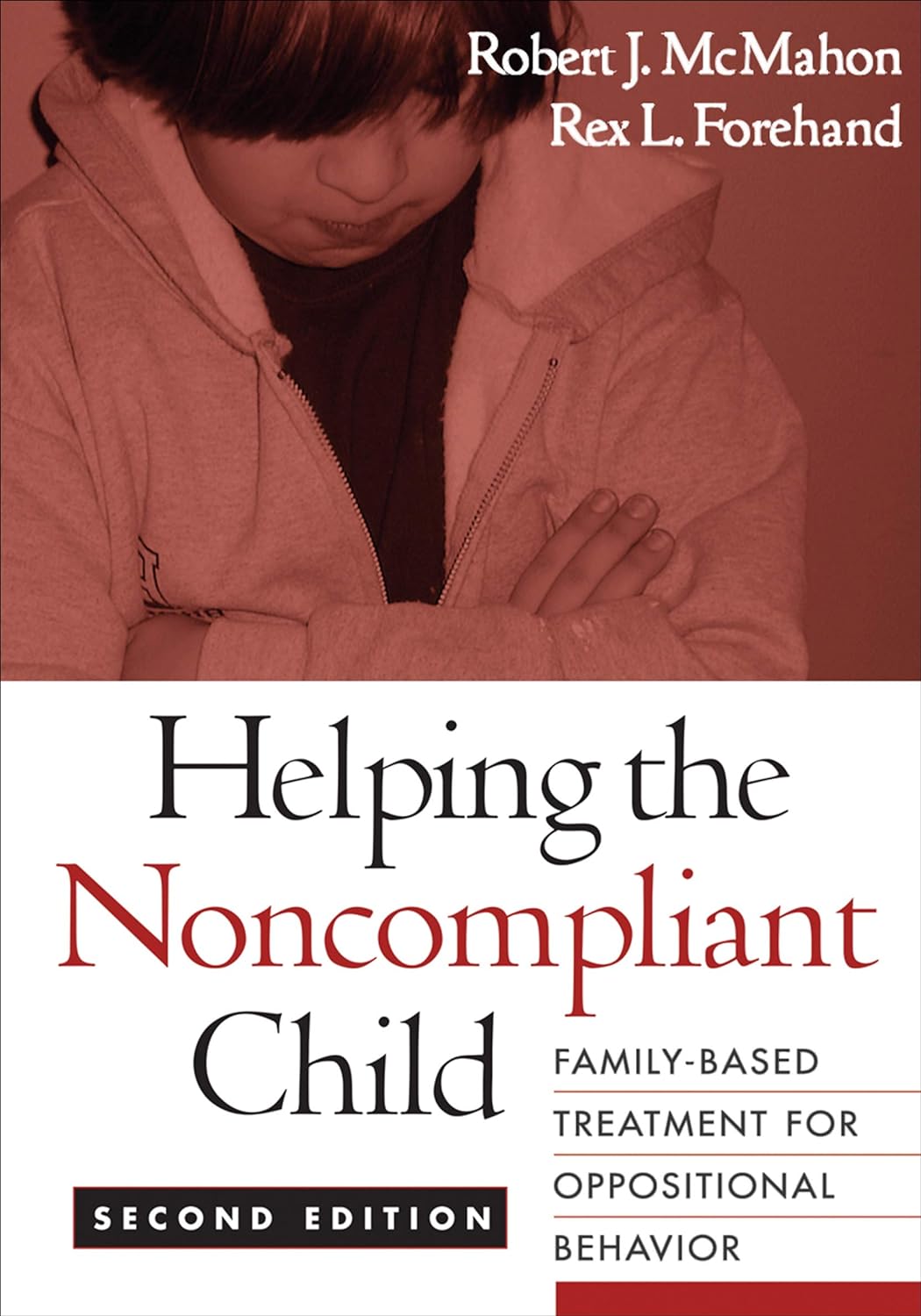- Last edited on May 9, 2024
Parent Management Training (Parent Training)
Primer
Parent training, also known as parent management training (PMT) or behavioural parent training (BPT), are training programs that aim to change parenting behaviors and teach positive reinforcement methods for improving children and adolescent behaviour problems. It is commonly used for oppositional defiant disorder and conduct disorder.[1][2]
Key Principles
Don’t get stuck in the trap of consequences and discipline in parenting. Focus on the basics first:
- Stress management
- Focusing on the positives
- Then focus on discipline and consequence strategies
Caregiving Behaviours
See main article: Family Therapy
- Caregivers of children with emotional disorders may themselves also fall into patterns of behaviour that reinforce the child's intense experience of strong emotions or unhelpful coping strategies.[3]
- Parental overprotection may play a role in a child's cortical stress response.[4]
- Inconsistent reinforcers and discipline are associated with increased disruptive behaviours
Emotional Caregiving Behaviours
Adapted from: Barlow, D. H. et al. (2010). Unified protocol for transdiagnostic treatment of emotional disorders - Therapist guide. Oxford University Press.| Emotional Caregiving Behavior | Example |
|---|---|
| Accommodation/Overprotection | • Not allowing the child to engage in age-appropriate activities for fear something might happen to them • Making excuses to others for withdrawal/avoidance/aggression |
| Negative Social Attention/Criticism | • Focusing on negative aspects of the child's behaviour and ignoring the positive aspects • Speaking about child negatively to others |
| Inconsistency | • Inconsistent/inaccurate reinforcement and punishment • Excessive (or absent) discipline behaviours |
| Modelling of Intense Emotions | • Demonstrating excessive emotional reactions to stimuli or avoidance of such • Communicating or sharing adult worry with a child • Using aggressive behaviours or swearing often when angry |
Resources
For Patients
For Providers
Research
References
1)
Michelson, D., Davenport, C., Dretzke, J., Barlow, J., & Day, C. (2013). Do evidence-based interventions work when tested in the “real world?” A systematic review and meta-analysis of parent management training for the treatment of child disruptive behavior. Clinical child and family psychology review, 16(1), 18-34.
2)
Michelson, D., Davenport, C., Dretzke, J., Barlow, J., & Day, C. (2013). Do evidence-based interventions work when tested in the “real world?” A systematic review and meta-analysis of parent management training for the treatment of child disruptive behavior. Clinical child and family psychology review, 16(1), 18-34.
3)
Barlow, D. H., Farchione, T. J., Fairholme, C. P., Ellard, K. K., Boisseau, C. L., Allen, L. B., & May, J. T. E. (2010). Unified protocol for transdiagnostic treatment of emotional disorders: Therapist guide. Oxford University Press.
4)
Vergara-Lopez, C., Chaudoir, S., Bublitz, M., O’Reilly Treter, M., & Stroud, L. (2016). The influence of maternal care and overprotection on youth adrenocortical stress response: a multiphase growth curve analysis. Stress, 19(6), 567-575.
